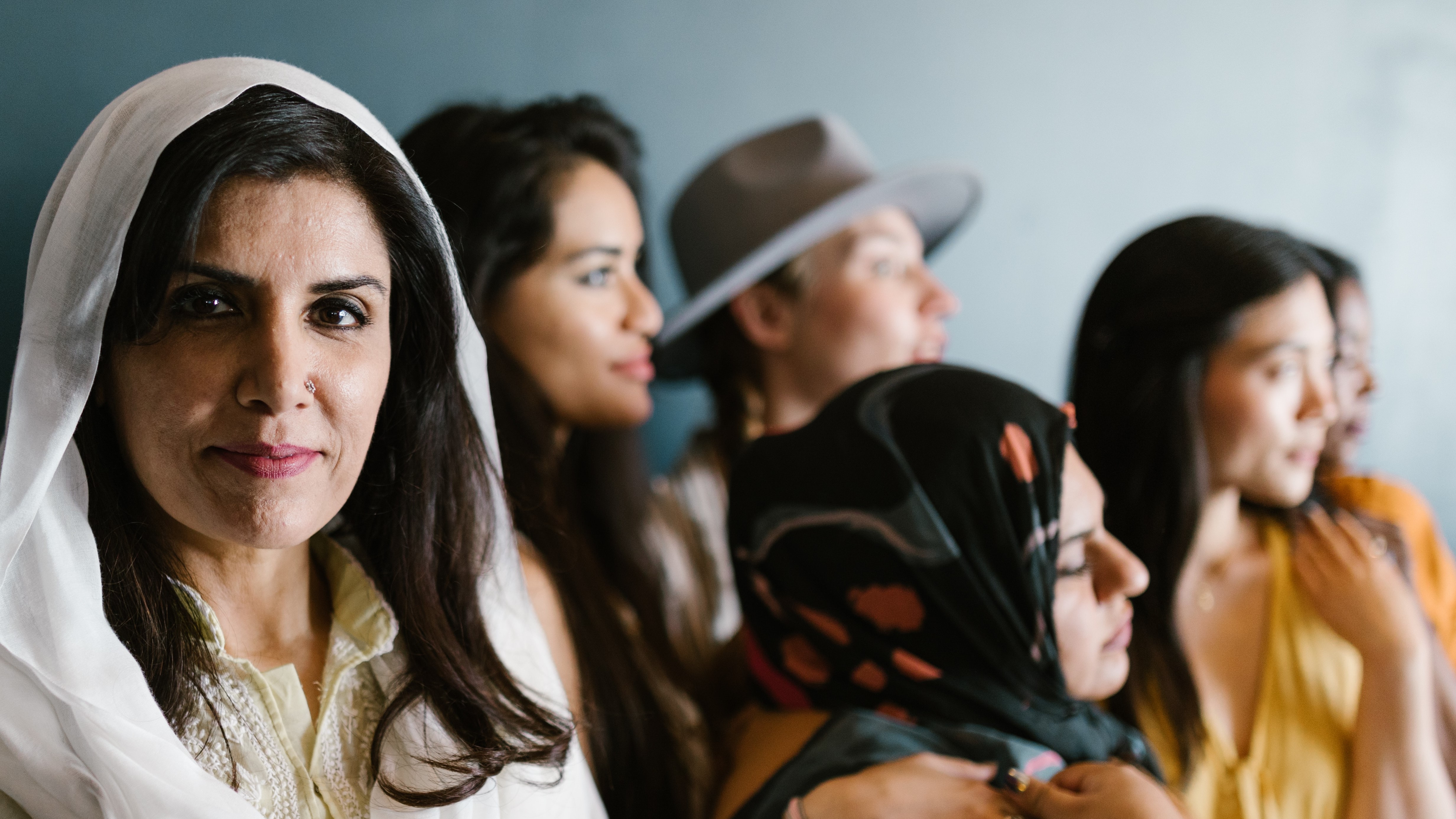Doing Politics, Changing Society


Dr Khursheed Wadia
Associate Professor of Sociology, Department of Sociology
Between June 2018 and March 2019, I ran a capacity-building programme titled "Doing Politics, Changing Society" in partnership with Muslim Women’s Network UK (MWNUK). The 10 full-day, monthly workshops and final public event brought together young women of colour, aged between 18 and 30, from minority communities in the West Midlands region. The programme derived from one of the key findings of my research (on intersections of gender, ‘race’ / ethnicity and political engagement) that, far from being politically apathetic, young women of colour felt they lacked sufficient political knowledge, skills, and networks to confidently engage in political and civic arenas and create change. The programme had a direct impact on the participants and by the end they had gained enough resources to conceive, organise and launch four social action campaigns over issues of concern to them, including disability rights, colourism, sexual harassment and honour based violence.
What prompted you to engage with this policy/project?
I have always wanted my research to make a difference in the real world and to real lives. I have worked towards that end by collaborating with policy makers, influencers, those who implement policy and communities beyond academia in order to increase the political and civic engagement of women of colour and contribute to the advancement of gender equality.
Where did you hear about the opportunity to engage with policy, and who did you contact in the first instance?
My research on minoritised women and political engagement has brought me in contact with many women’s civil society organisations over the past 20 years, including Muslim Women's Network UK. I have worked with Muslim Women's Network UK since 2010, advising on issues of gender and policy and eventually joining their board of trustees. In 2018, Muslim Women's Network UK’s director approached me about designing and running a capacity building programme for women from Muslim communities from which they could also learn; I seized the opportunity although we eventually agreed that the programme should be open to all women of colour.
What support did you receive, and from whom?
As this programme progressed over 10 months and included a large public event, it required substantial funding. To encourage participants to make a serious commitment, it was important to ensure they were well looked after throughout the 10 full-day workshops in terms of content quality, relevant invited speakers, a well-equipped central venue and good food and drink for sustenance throughout a packed day. I benefitted from generous grants from the Warwick Impact Fund and ESRC Impact Acceleration Account. Muslim Women's Network UK’s director and a trustee also gave their time to the project during the planning and facilitation of some early workshops.
How does policy engagement impact the rest of your work?
Policy engagement has undoubtedly had a positive effect on my research. For instance, where independent evaluation of my collaborative work with non-academic partners has occured, I have been led to question some of the assumptions I made about research subjects, about those with whom I have engaged in the policy field and also to refine certain research questions and methods. Moreover, working with policy makers, influencers, implementers and other non-academic communities has given greater exposure to my work, raised my profile and led to further new research collaborations with both academics and non-academics.
What advice would you give to other academics when engaging with policy and policymakers?
Scholars of public policy rightly spend time critiquing its ideological drivers, formulation and implementation. However, it is as important to find ways of offering alternatives and improving formulation and implementation processes in order to increase equality and democracy.
Engaging with various non-academic communities can lead to an important cross-fertilisation of ideas on how to make society work better for most people. I would wholeheartedly encourage academics to make links and collaborate with those outside academia – not only does such collaboration give you a chance to input into policy, it also adds value to your research.
Find out more:
